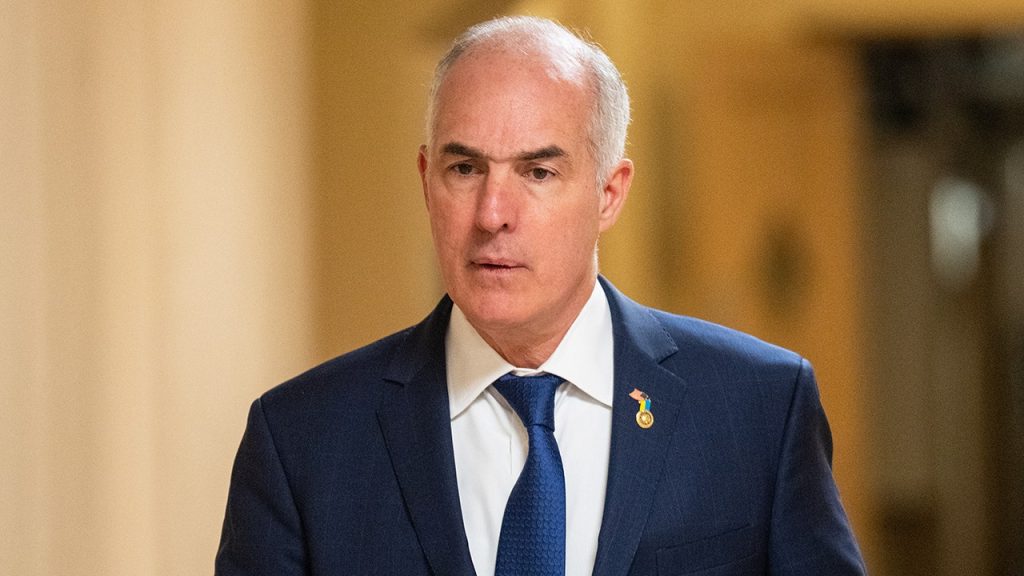Sen. Bob Casey, D-Pa., wrote a letter in June 2023 addressing concerns over transgender females competing in sports against athletes of the same gender they identify as. He stated that the concerns were “overgeneralized” and based on “unfounded assumptions.” Casey emphasized that the decision to transition is a significant one that young adults make after careful consideration and consultation with medical providers and loved ones. He argued that all young people should have the opportunity to participate in sports and have their personal dignity respected, especially considering the challenges that transgender youth face in terms of bullying, harassment, and violence.
In the letter obtained by the Daily Caller, Casey advocated for inclusive and informed guidance that allows transitioning youth to participate in athletics in their affirmed gender. He believed that this approach could provide social and psychological benefits to transgender youth rather than stigmatizing them. However, the issue of transgender athletes competing in women’s sports has sparked debate, with some arguing that transgender women maintain an advantage over biological women even after hormone therapy treatment. Dr. Timothy Roberts suggested that a longer period of hormone therapy may be necessary for transgender women to compete at the elite level against cisgender women.
In April, the National Association of Intercollegiate Athletics (NAIA) implemented a policy banning transgender athletes from competing in women’s sports in order to support fair and safe competition for all student-athletes. The organization’s participation rules stipulated that only individuals whose biological sex is female could participate in women’s sports, while those who have not undergone masculinizing hormone therapy could participate without limitation in male sports. This decision by the NAIA reflects the ongoing debates and discussions surrounding the inclusion of transgender athletes in sports.
The debate on transgender athletes in sports has raised questions about fairness and equality in athletic competitions. While some argue that transgender individuals should be allowed to compete based on their affirmed gender, others express concerns about potential advantages that transgender individuals may have due to differences in physiology. Achieving a balance between inclusivity and fairness remains a challenge for sports organizations and policymakers, as they navigate this complex and sensitive issue. It is crucial to consider the perspectives of all stakeholders, including transgender athletes, cisgender athletes, and other individuals involved in sports, in order to promote understanding and equitable solutions.
The issue of transgender athletes in sports highlights the importance of creating a supportive and inclusive environment for all individuals, regardless of their gender identity. By addressing concerns and implementing informed guidance, sports organizations can work towards ensuring that all athletes have the opportunity to participate in sports while upholding principles of fairness and safety. It is essential to continue having conversations, conducting research, and developing policies that promote inclusivity and equality in sports, while also taking into account the unique challenges and experiences of transgender athletes. Moving forward, it will be important for stakeholders to collaborate and engage in constructive dialogue to address the complexities surrounding transgender participation in sports effectively.


